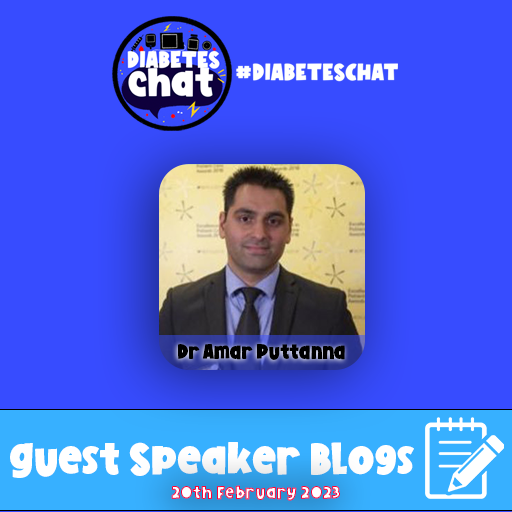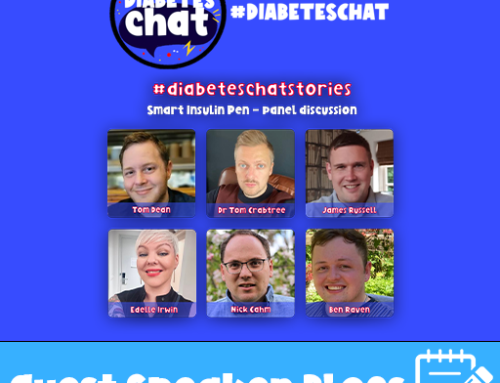Guest Speaker Blogs

After #diabeteschat ended this morning, I attended day 2 of a behavioural science conference in Melbourne, Australia. The conference is titled ‘Using Behavioural Science to Overcome Global Challenges’. One of today’s sessions was specifically about using behavioural science to enable society to reduce misinformation, largely in the online world. Whilst listening to the presenter delivering this misinformation topic it made me reflect on this morning’s #diabeteschat between Co-Hosts Tom and Mary with Dr Amar Puttanna, a Diabetes Consultant from Birmingham, UK.
This global diabetes community, #diabeteschat, is really very lucky regarding how diabetes related knowledge and experience is shared between community and clinicians. Having a diabetes peer support platform initiated and facilitated by the diabetes community for the diabetes community, but where clinicians and researchers are respectfully welcome and willingly engage, brings breadth and depth to the conversation being exchanged and information being shared as well as helping to mesh the #livedexperience perspectives of diabetes management with the clinical-research perspectives of diabetes management…and this reduces diabetes related misinformation. THIS is community-clinical collaboration at its best.

Many of the listeners at today’s #diabeteschat felt a little overwhelmed with the nature of the topic of diabetes and dementia, only because it raised the notion of their own potential morbidity associated to living with diabetes. However, Dr Amar Puttanna must be praised for the way in which he delivered the information about how living with dementia may impact diabetes and how living with diabetes may impact dementia. Dr Amar Puttanna was insightful, knowledgeable, factual, and most importantly reassuring and optimistic.
Much of the conversation around diabetes and dementia was around the complex physiology of dementia and how it impacts a person’s glucose variability, that is how it induces insulin resistance (the highs) versus insulin sensitivity (the lows). The nature of the deteriorating neurological system both physically and cognitively for someone with both dementia and diabetes was discussed in regards to how there’s a tricky need to balance the glycaemic management goals alongside managing the symptoms of dementia whilst also supporting a person’s independence.



The #TakeHome message for this week’s #diabeteschat is simple :
Pay it forward…continue this conversation about diabetes and dementia with everyone you know #diabeteschat peeps, so together we all continue to raise awareness…it’s through what we learn on platforms like #diabeteschat with guest speakers like Dr Amar Puttanna that makes lesser known topics more well-known topics 
Diabetes and Dementia resources :
https://trenddiabetes.online/wp-content/uploads/2023/01/A5_Dementia_TREND.pdf
Worker Manual A4 WEB.pdf (dementia.org.au)
Diabetes, dementia and cognitive impairment – Diabetes Australia
Diabetes and self care in T1D How does cognition influence self management.pdf








